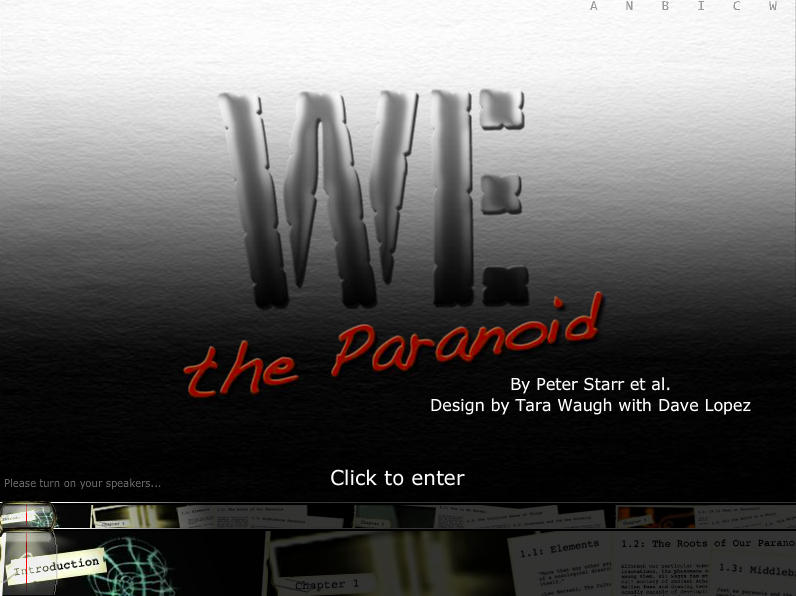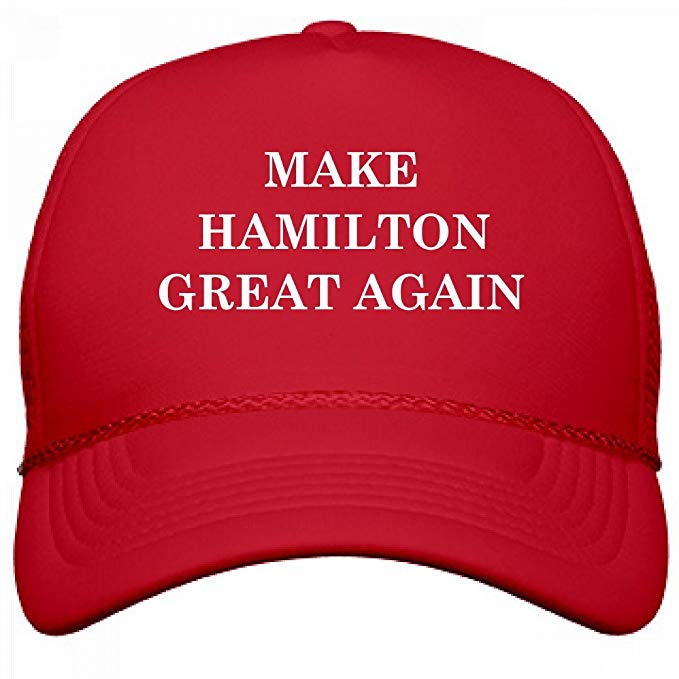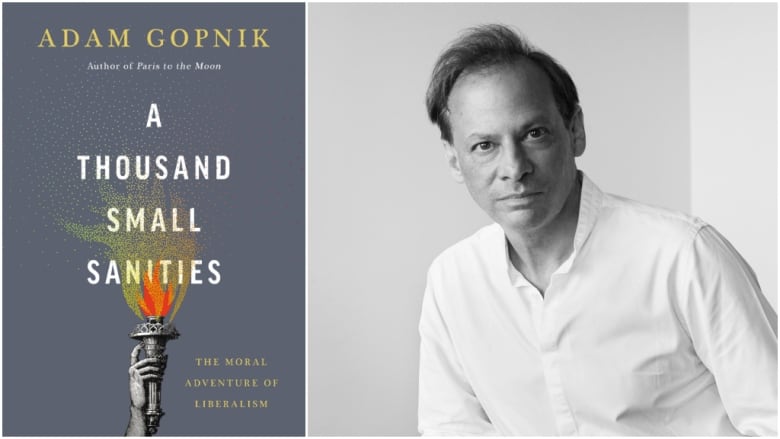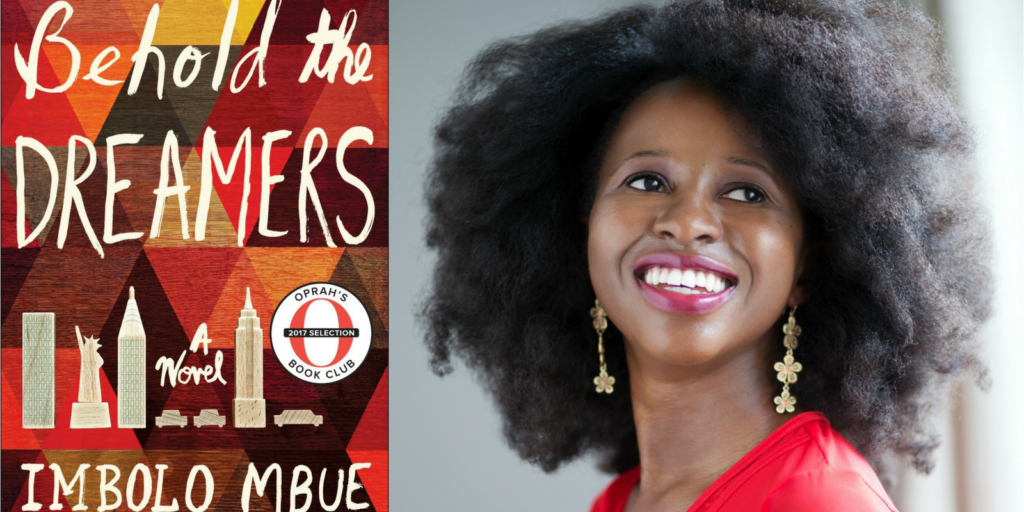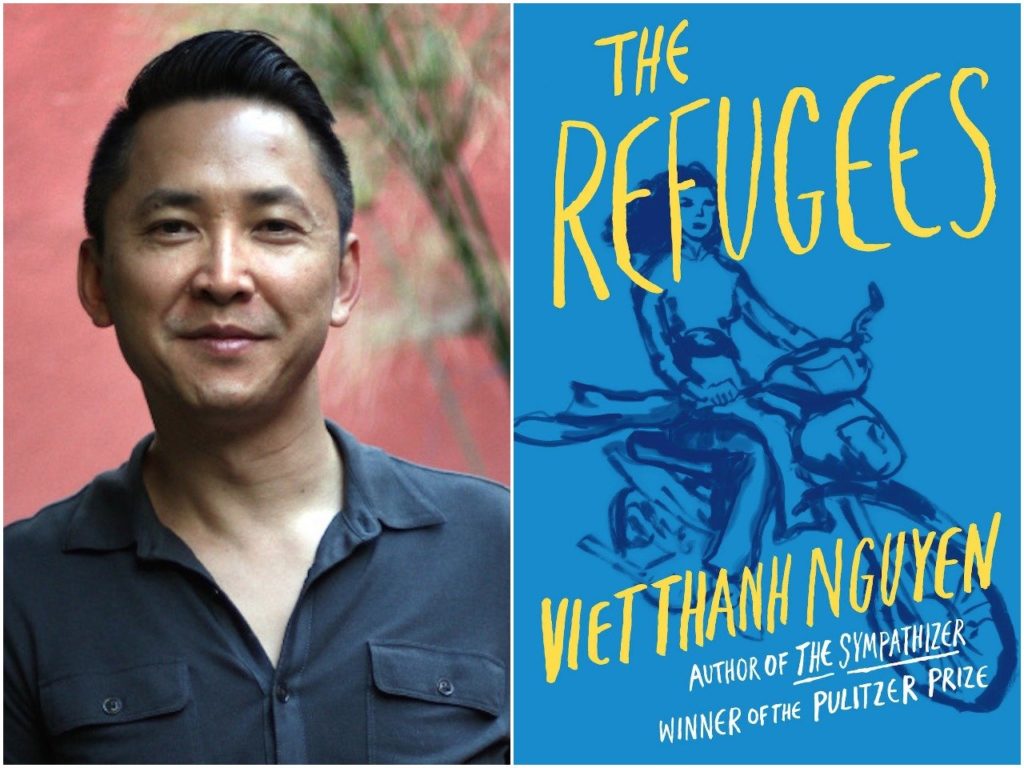Portions of this post first appeared in Inside Higher Ed and are reprinted here with permission

“I am wiser than he is to this small extent that I do not think that I know what I do not know.”
Socrates, in Plato, The Apology of Socrates
In October of 1979, Pulitzer Prize-winning historian Barbara Tuchman delivered a lecture at West Point in which she decried the “persistence of unwisdom” among politicians across the ages (2). Reflecting on how Lyndon Johnson and Richard Nixon had embroiled the U.S. more deeply in the Vietnam war, Tuchman bemoaned a perennial “wooden-headedness”—a tendency for politicians to act wishfully, while not allowing themselves to be “confused by facts” (3). She spoke of geo-political reason as overwhelmed by “ambition, greed, fear, face-saving, the instinct to dominate, the needs of the ego, the whole bundle of personal vanities and anxieties” (5). Evoking an explicitly male obsession with potency, she concluded that, in government, “men seek power over others—only to lose it over themselves” (8).
I dare say that even Tuchman could not have foreseen the depths of unwisdom displayed daily by our 45th and 47th President, Donald J. Trump
Continue reading “Why Wisdom? Why Now?”